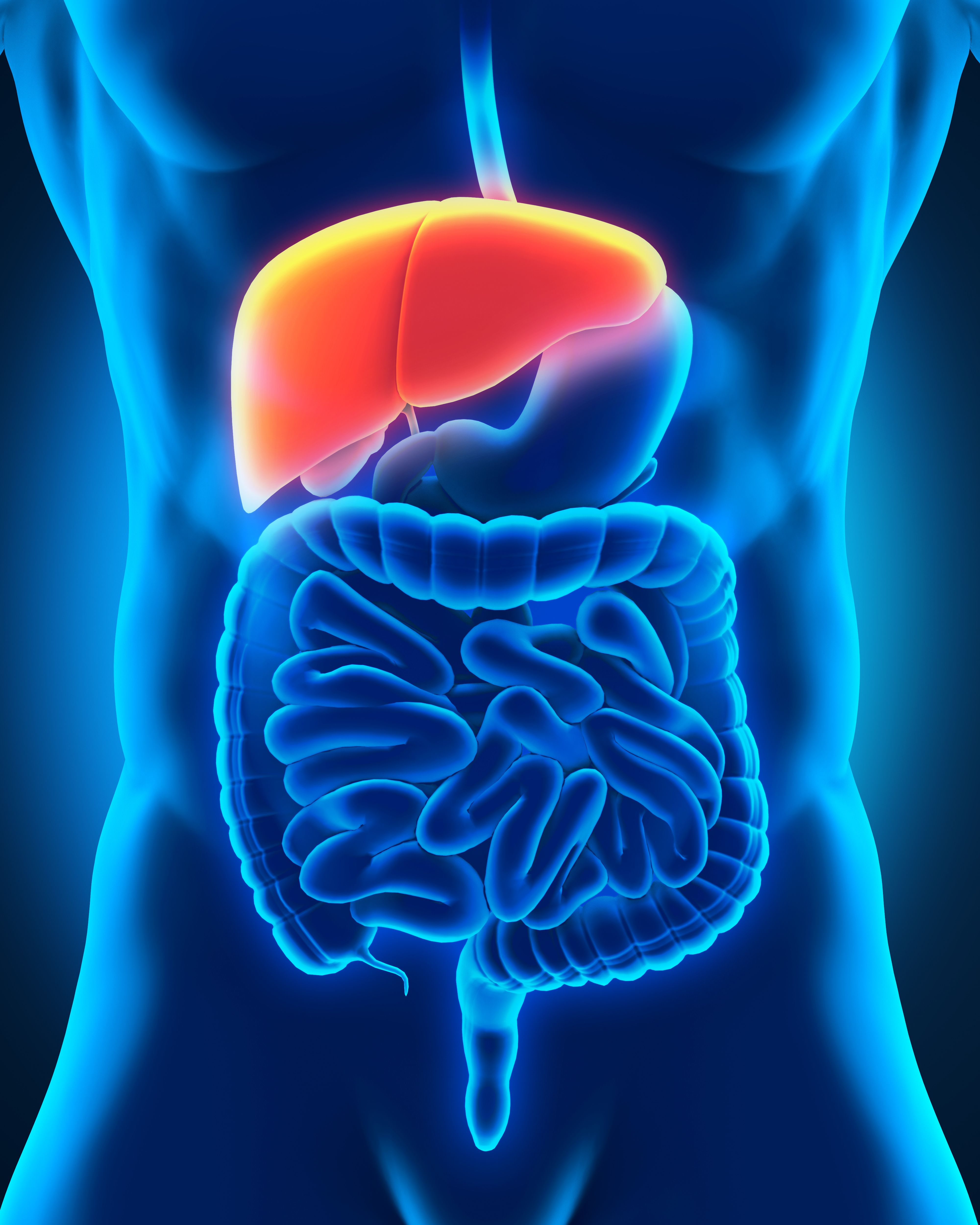Combination of CTX-009 and Paclitaxel Shows Promising Efficacy in Advanced BTC
Adding CTX-009 to paclitaxel generated promising responses for patients with advanced biliary tract cancer when given in the second- and third-line settings.

According to the expansion cohort of a phase 2 trial (NCT04492033), the novel bispecific antibody CTX-009 added to paclitaxel elicited promising efficacy in the second- and third-line settings for patients with advanced biliary tract cancer, These preliminary results were presented at the 2023 Gastrointestinal Cancers Symposium.1
Findings revealed that all patients treated with CTX-009 plus paclitaxel (n = 24) experienced an overall response rate (ORR) of 37.5% (95% CI, 18.8%-59.4%) per investigator assessment, including a confirmed partial response (PR) rate of 37.5% and a stable disease (SD) rate of 54.2%. Notably, no patients experienced progressive disease, and 2 patients (8.3%) were not evaluable.
Among patients treated in the second-line setting (n = 11), the ORR was 63.6% with a SD rate of 36.4%. Patients treated in the third-line setting (n = 13) achieved an ORR of 15.4% with a SD rate of 69.2%.
“The results from the phase 2 trial in biliary tract cancer continue to show the potential of CTX-009, which has demonstrated activity in a broad range of solid tumors. We are presently enrolling patients in two clinical studies of CTX-009 in the United States and expect to report initial data from the [phase 2] colorectal study [NCT05513742] in the second half of [2023],” Vered Bisker-Leib, PhD, president and chief operating officer of Compass Therapeutics, stated in a news release.2
Previously reported interim results from the phase 2 trial showed that CTX-009 plus paclitaxel elicited an ORR of 42% in patients with 4 subtypes of biliary tract cancer. Responses included 9 confirmed PRs and 1 PR awaiting confirmation.3
The open label, multicenter, single-arm expansion study enrolled patients with unresectable advanced, metastatic or recurrent biliary tract cancer in the second- or third-line setting. Patients received 10 mg/kg of intravenous (IV) CTX-009 biweekly in combination with 80 mg/m2 of IV paclitaxel on days 1, 8, and 15 every 4 weeks.
ORR per RECIST v1.1 criteria served as the trial’s primary end point. Secondary end points consisted of time to treatment failure, duration of response (DOR), progression-free survival (PFS), overall survival (OS), and safety.
At a data cutoff date of November 9, 2022, 24 patients were enrolled to the phase 2 trial, and 1 patient remained on treatment. The median follow-up duration was 12.1 months (range, 1.6-19.1). Two patients were not evaluable for response: 1 patient did not have a post-baseline tumor scan, and another underwent a tumor assessment scan before the first scheduled assessment.
Among all patients, the median age was 61.5 years (range, 39-73), and 58.3% were male. The median time from diagnosis was 2.2 years (range, 0.4-8.4). The majority of patients had an ECOG performance status of 0 (54.2%) and received 2 prior systemic therapies (54.2%). Additionally, 75% of patients underwent prior surgery, and 33.3% of patients had prior radiotherapy.
Biliary tract cancer subtypes included intrahepatic cholangiocarcinoma (n = 9), extrahepatic cholangiocarcinoma (n = 3), gallbladder cancer (n = 7), and ampullary carcinoma (n = 5).
Additional data showed that patients experienced an overall median PFS of 9.4 months (95% CI, 5.4-11.1). The median PFS was 10.0 months (95% CI, 5.1-not applicable [NA]) for patients treated in the second-line setting and 5.5 months (95% CI, 3.6-11.1) for those treated in the third-line setting.
The median OS was 12.5 months (95% CI, 10.9– NA) for all patients. Those treated in the second-line setting achieved a median OS of 11.7 months (95% CI, 9.1-NA), and those treated in the third line had a median OS of 12.9 months (95% CI, 5.3-NA). The 12-month OS rate for all patients was 52.4% (95% CI, 30.7%-70.2%).
The overall median DOR was 6.9 months (95% CI, 3.5-NA), and the median time to treatment failure was 5.9 months (95% CI, 3.9-9.8).
“We are very pleased to see the maturing data from this study, particularly the median PFS of greater than 9 months and median OS of 12.5 months, supporting the durable effect of CTX-009 in this patient population,” Thomas Schuetz, MD, PhD, chief executive officer and scientific founder of Compass Therapeutics, stated in a press release. “Given that patients with advanced biliary tract cancer have a poor prognosis, have been heavily pretreated, and have few treatment options, we are particularly enthused with these results.”
Regarding safety, treatment-emergent adverse effects (TEAEs) of grade 3 or higher were reported in 95.8% of patients, and 25% of patients experienced TEAEs that led to treatment discontinuation. TEAEs that led to the discontinuation of treatment included confusional state, embolism, pneumonia, biliary fistula, large intestine perforation, increased blood creatinine, and increased blood urea nitrogen.
All patients on the trial experienced at least 1 TEAE of any grade and an AE related to CTX-009. Serious AEs were reported in 45.8% of patients. The most common TEAEs included decreased neutrophil count (any grade, 91.7%; grade ≥3, 83.3%), hypertension (50%; 16.7%), decreased platelet count (37.5%; 12.5%), anemia (20.8%; 20.8%), ascites (16.7%; 8.3%), decreased appetite (16.7%; 8.3%), neutropenia (8.3%, 8.3%), liver abscess (8.3%; 8.3%), hepatic infection (8.3%; 8.3%), cholangitis (8.3%; 8.3%), and embolism (8.3%; 8.3%).
AEs of special interest of any grade occurred in 41.7% of patients, and grade 3 or higher AEs of special interest were observed in 12.5% of patients. AEs of special interest included hemoptysis or hemorrhage (any grade, 41.7%; grade ≥3, 12.5%), pulmonary hypertension (16.7%; 0%), and gastrointestinal or tumor perforation (8.3%; 8.3%). Notably, no instances of wound healing complications or cardiac failure were reported.
Investigators concluded that further investigation of the safety and efficacy of CTX-009 plus paclitaxel is warranted.